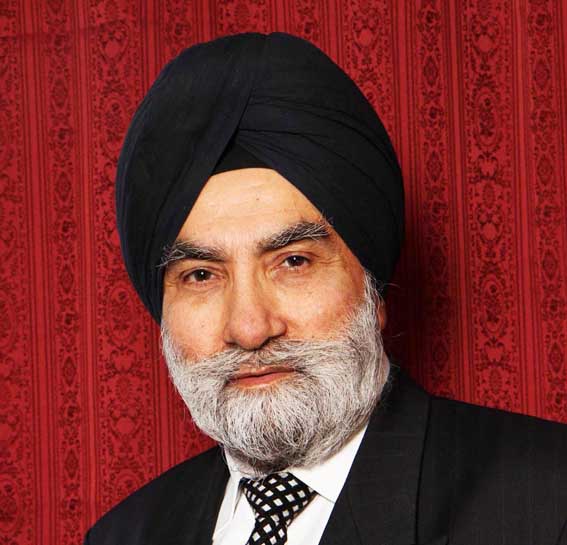Possible Political Breakthrough by British Sikhs in General Election 2024

Panjab Politics and Wind of change in global Panthic affairs
While we await the result of the General Election in India, a Sikh Manifesto 2024-30 is being drafted by a Sikh team in preparation for the UK General Election on 4 July, 2024. The idea is to make Sikh participation in UK politics more effective and issues based.
In Panjab, independent Panthic candidates are predicted to become MPs indicating a Panthic revival wave but not along traditional lines. Akali Dal, led by the Badal family for decades, is in decline. Otherwise, Panjab politics is in turmoil because the wave of Panthic sentiment can no longer be translated into political power by the Sikhs of Panjab. Together with immigration labour and the population mix of Panjab, the impression gained is that Panthic influence will continue to decline in a one-head-one vote system corrupted by Hindutva plots
With the ongoing farmers agitation and a predicted BJP government led by PM Modi in power, that can mean continued confrontation between Panjab and an authoritarian/majoritarian Indian state where the future of minorities remains in doubt.
In the UK, all the indications are that there will be more identity Sikhs in the next Parliament. At least 12 Sikh men and women standing for election from the Labour Party have been mentioned. Most are expected to win. After Canadian Sikh political success, more identity Sikhs in UK Parliament will be a major breakthrough for British Sikhs.
There is a wind of change in global Sikh affairs. Today, Sikhs are receiving more coverage in the media in Sikh diaspora countries as a distinct community than ever before. Assassination of some Sikhs abroad, allegedly by Indian agents, have attracted much headline attention and raised public awareness of Sikh issues. Continued Sikh success in politics in the much enlarged Sikh diaspora can have consequences for relations between these countries and India.
In Sikh affairs, sometimes ordinary Sikhs show more common sense than those with academic credentials. Grassroots Sikhs are more aware of the challenges faced by the Sikhs at ground level than many scholars and affluent Sikhs removed from ground realities. We saw this during the Sikh ethnicity debate in the UK and we have seen this in the divide between farming Sikhs of Panjab and the better off and better educated business community Sikhs living in Delhi and other parts of India. In fact, sometimes, non-Sikhs do a better analysis of Sikh issue from 1947 onwards in Panjab than many Sikh scholars. For example, the root causes of the pending 1984 Ghalughara were picked up in December 1983 by a mostly non-Sikh report six months before it happened! The title was, Hindu Sikh Conflict in Punjab &ndash Causes and Cure. The report showed clearly that the causes went back to 1947 and earlier.
So, from the emerging picture of the state of the global Panth , it seems that the diaspora Sikhs are gaining in political maturity and influence. Some sort of Sikh Manifesto can unite them around some common Sikh issues even if they do not sit around the same table.
On the other hand, Sikhs in Panjab are heading towards an uncertain future as predicted by political analysts, agro-economists and environmentalists.
One wonders if there is a link between the two opposing trends.
Gurmukh Singh OBE
Principal Civil Servant retd (UK)